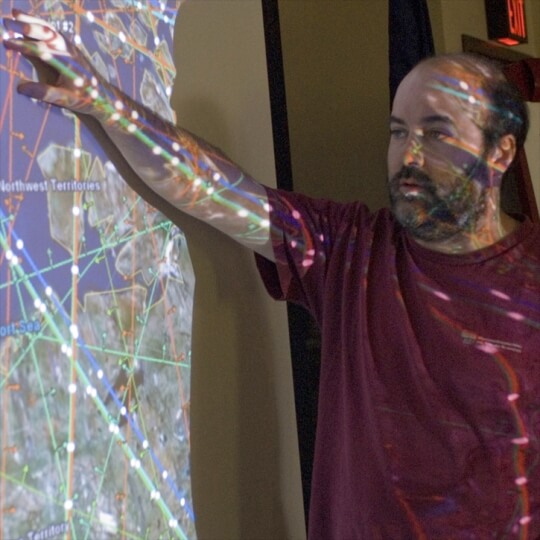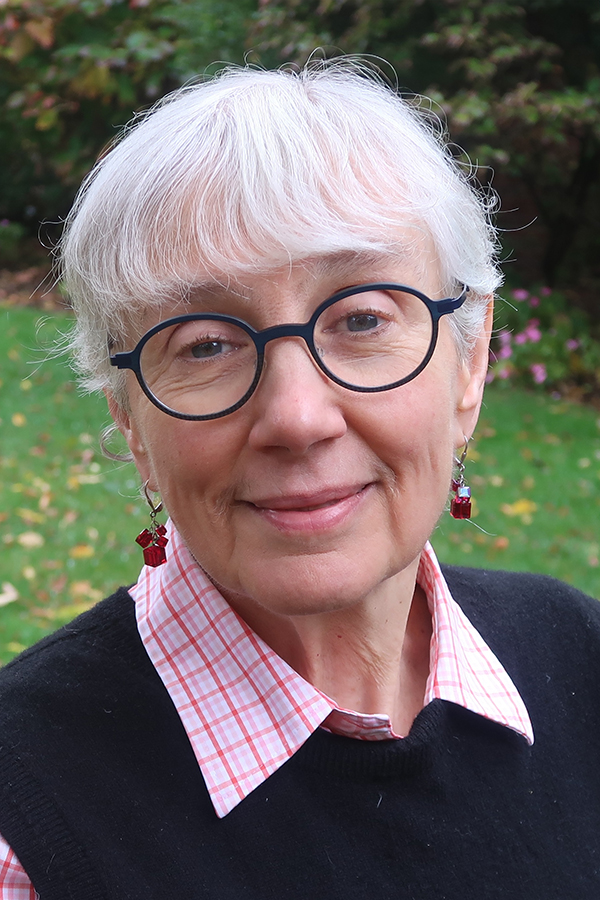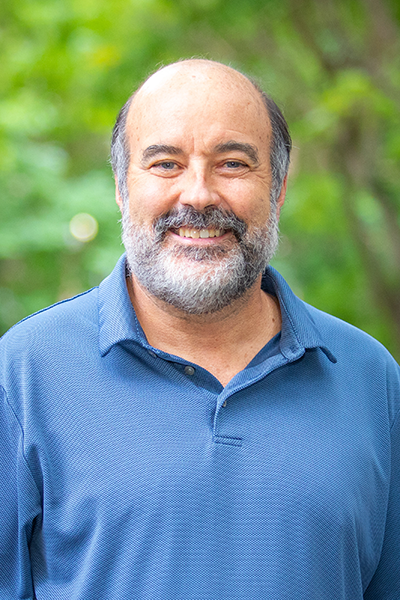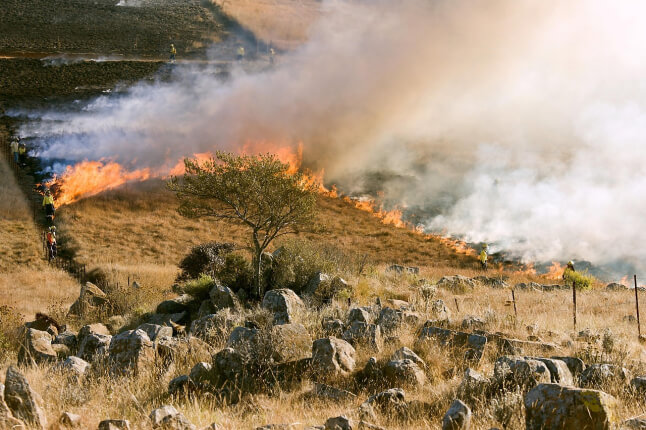News
Daniel Jacob (pictured) and Loretta J. Mickley have been awarded an NSF grant to study climate change in the Arctic. (Photo courtesy of NASA.)
Daniel Jacob, Vasco McCoy Family Professor of Atmospheric Chemistry and Environmental Engineering in the Harvard School of Engineering and Applied Sciences (SEAS), is the lead primary investigator of a grant for $477,787 to develop an improved understanding of the distributions and decadal trends of aerosols and ozone in the Arctic and study the implications for Arctic climate change during 1980-2010.
Loretta J. Mickley, a senior research fellow in the Atmospheric Chemistry Modeling Group at SEAS, will co-lead the research.
Their project is part of a $38 million dollar effort by the National Science Foundation and other federal agencies recently awarded to study the consequences of climate variability and change.
More broadly, the aim is to addresses one of the most pressing problems of the millennium: climate change and how it is likely to affect the world and how people can plan for its consequences.
Jacob and Mickley will focus their efforts on building an interdisciplinary partnership between atmospheric chemists using the GEOS-Chem CTM, a global 3-D chemical transport model (CTM) for atmospheric composition driven by meteorological input from the Goddard Earth Observing System(GEOS) of the NASA Global Modeling and Assimilation Office, and cryosphere scientists using CCSM4, the Community Climate System Model (CCSM) used for simulating the earth's climate system, to better describe aerosol-chemistry-climate interactions in the Community Earth System Model (CESM).
The project will take advantage of intensive observations during the International Polar Year(IPY) to test and improve the GEOS-Chem representation of aerosols,ozone, and black carbon (BC) deposition fluxes in the Arctic.
A 30-year GEOS-Chemsimulation (1980-2010) with evolving sources from human activity and fires will be conducted and evaluated against long-term records.
Aerosols, ozone, and BC deposition fluxes from GEOS-Chem will be inputto CCSM4 to simulate Arctic radiative forcing and climate response overthe 30-year period.
This project will also provide policy analysts with information on the role of aerosols and tropospheric ozone in driving Arctic climate change.
Topics: Environment, Climate
Cutting-edge science delivered direct to your inbox.
Join the Harvard SEAS mailing list.
Scientist Profiles
Loretta J. Mickley
Senior Research Fellow in Chemistry-Climate Interactions
Daniel Jacob
Vasco McCoy Family Professor of Atmospheric Chemistry and Environmental Engineering





